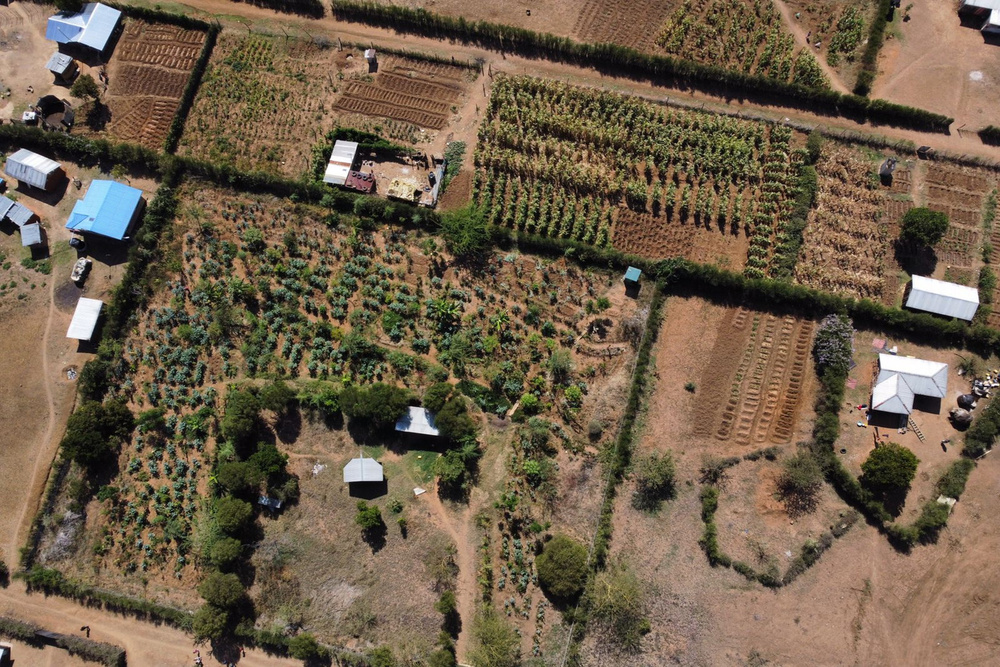Regenerative Agroforestry Project
Regenerative agroforestry is a key aspect in the practice of Permaculture where trees are merged with agriculture for the different and complementary
benefits they provide for each other.
The Regenerative agroforestry project focuses on regenerating smallholder farmland that has suffered from years of overgrazing, deforestation and the impacts of climate change.
It aims at reinvigorating soils and fostering climate resilient farmer livelihoods. It is the reason the project established Model Schools tasked to be a long term capacity building program for farmers, women groups and schools so that knowledge is spread and is replicated at the community level.
Target Beneficiaries are 500 farmers, 1629 indirect beneficiaries.
The aim is to strengthen the livelihoods of smallholder farmers in Laikipia
county through increasing their farms’ overall productivity and resilience and increasing the availability of ecosystem services locally.
Demonstrations are very important to the local people. Because, you know, they learn by seeing in Africa, we believe by seeing things.
Joseph Lentunyoi- Founder Laikipia Permaculture
A model farm is used primarily to demonstrate various agricultural techniques; it shows real life examples of farming. A model farm can be small to medium-sized plots with a carefully crafted mix of species, which naturally support each other whilst creating the ideal ecosystem for the production of crops and rearing of animals.
Key Achievements
- Capacity building: The project has trained 361 farmers on introduction to agroforestry and other farming practices.
- Model Farms: The project has established three Model farms at Laikipia Permaculture Centre (LPC) and another one at Lekiji which are fully functional. The third and the latest being Endana
Model Farm. - Community nurseries: The project has established three community nurseries; One at Laikipia Permaculture Centre and the
other in Lekiji and Endana respectively.
Agroforestry tree seedlings: So far the project has planted over 10,000 tree seedlings in the community which includes fruit such as mangoes, pawpaw, avocado, indigenous trees; olea africana, Acacia spp and aloe
secunfiflora for establishment of food forest.




